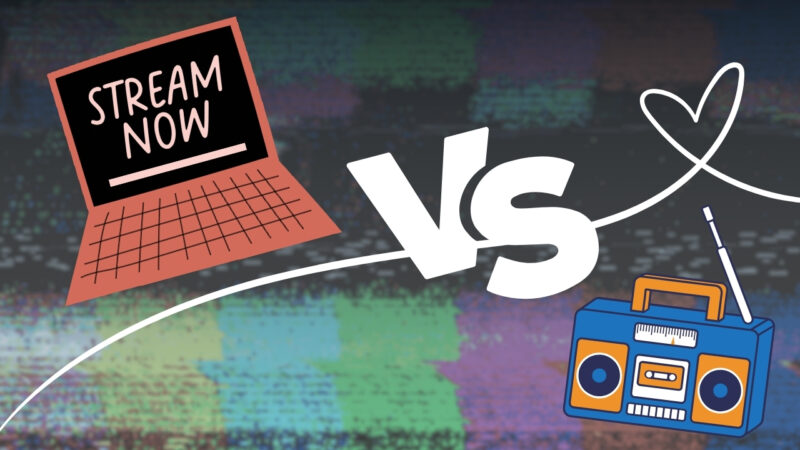The music industry has changed a lot. Indie Labels Impact has become more important. These indie labels give artists more freedom and better deals. With streaming, indie labels can reach people worldwide without major label help. This has led to more diversity and exciting new music that might not have been heard before.
Defying Industry Standards
Indie labels are different from major labels. They care more about artists’ creativity than making money. This lets them support music that doesn’t fit what’s popular. Sub Pop Records is a good example. In the 1990s, they signed artists like Iron & Wine who didn’t sound like the grunge music that was big then.
But those indie artists became very successful. This shows there are lots of people who want unique, unconventional music, not just what’s mainstream.
Cultivating Unique Sounds

Indie labels really care about artists being true to themselves. They let artists try new things and develop their own unique sounds. This leads to music that feels more real and connects with listeners.
A good example is XL Recordings – they signed artists like The xx and FKA Twigs, who had very fresh, innovative approaches. By focusing on authenticity, indie labels make sure the music they release stands out in the crowded music world.
Supporting Emerging Artists
New artists often struggle with money and getting noticed. Big labels mostly care about already famous artists. But indie labels take a chance on up-and-coming talent and help them grow. For example, 4AD has a history of supporting young artists like Grimes and Future Islands. These artists got the resources and guidance they needed from their indie label to become successful.
Leveraging Digital Platforms

Technology has really changed the music industry. Indie labels have been quick to use this to their advantage. Platforms like Spotify, Apple Music, and Bandcamp let indie labels get their music out there worldwide without old-school distribution.
And social media lets indie artists connect directly with fans, building a loyal audience. This cuts out the traditional “gatekeepers” and makes it easier for indie artists to reach people all over the world.
Succeeding Without Major Label Backing
Money is a big problem for indie labels since they have smaller budgets than major labels. But many indie labels have still found w.ays to succeed. They focus on working closely with their artists and growing slowly instead of just trying to make a quick profit.
Clever marketing and grassroots promotion are also key. Warp Records is a good example – they’ve built a name for putting out innovative music across genres, showing that you can have both artistic quality and commercial success.
Impact on Music Distribution and Promotion

Indie labels have really changed how music gets distributed and promoted. By using digital platforms and new marketing ideas, they’ve made the music industry more open and accessible. This has allowed artists from all kinds of backgrounds to get noticed and connect straight with fans.
Stones Throw Records is a good example – they’ve built a big online presence and use social media to interact with fans and promote their artists. Their creative methods have helped them reach people around the world and become a top indie label.
Shaping the Future of Music
Indie labels are doing more than just following current trends – they’re helping to define the future of the music industry. By finding new sounds, supporting up-and-coming artists, and using new technology, indie labels are constantly expanding the boundaries of what’s considered mainstream.
As the industry keeps changing, these indie labels will be key in discovering and developing the next generation of talent. Their focus on authenticity and creativity means they’ll keep influencing the direction of the music world.
Championing Diversity
Diversity has long been a major problem in the music industry. The big record labels tend to focus on what they think will sell the most, instead of giving a fair shot to artists from underrepresented backgrounds. But indie labels have really stepped up to change that.
These smaller, more independent companies actively seek out artists from all kinds of different genres and communities. They give these unique voices a platform to share their stories with the world. For example, the indie label Young Turks has signed artists like Sampha, Kamasi Washington, and FKA twigs – musicians who bring fresh perspectives and challenge the status quo in the industry.
By making diversity a priority, indie labels are helping build a richer, more inclusive music scene. They’re ensuring that people from all walks of life can have their creativity and experiences celebrated, rather than just catering to the mainstream. It’s a crucial role that’s helping reshape the entire landscape of modern music.
Conclusion
Indie Labels Impact has had a profound and lasting impact on the music industry. They’ve consistently championed unique artistic voices, supporting emerging talent that might have been overlooked by major labels. By embracing digital platforms and innovative marketing, indies have democratized the industry, giving diverse artists global reach.
But their influence goes beyond just trends and distribution. These smaller, nimble labels have played a vital role in shaping the future direction of music. By prioritizing authenticity, creativity, and diversity, indie labels have contributed to a richer, more inclusive musical landscape. As the industry evolves, indie labels will undoubtedly remain a driving force.
Their commitment to artistic integrity and willingness to take risks will continue inspiring musicians, entrepreneurs, and fans alike. The legacy of indie labels will endure, having irrevocably altered the course of contemporary music.







